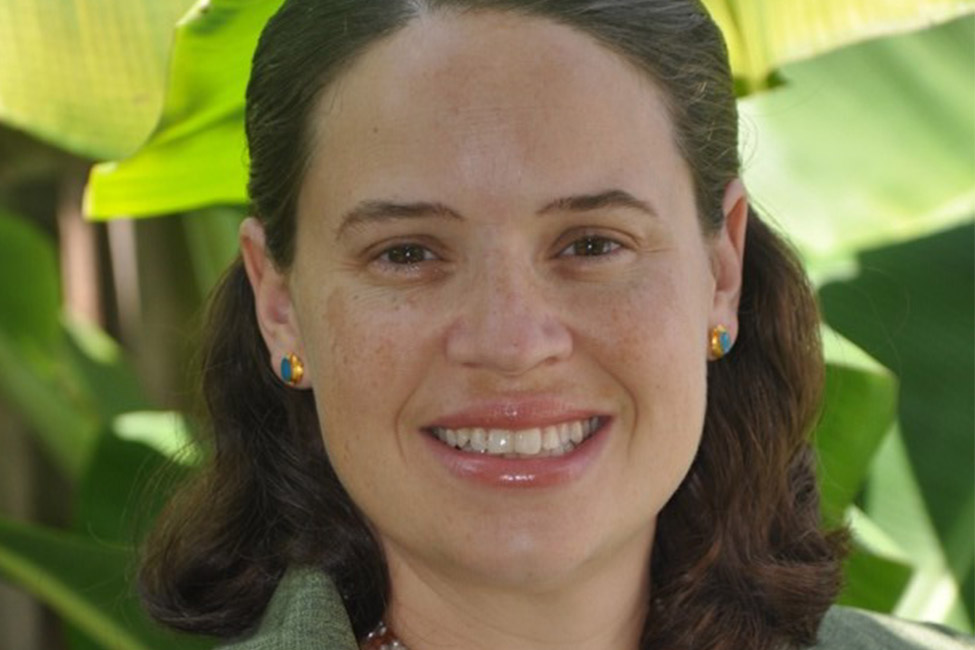Jacqueline Fewkes, Ph.D.
Friday, Oct 25, 2019
Jacqueline Fewkes, Ph.D., Associate Professor of Anthropology at the Harriet L. Wilkes Honors College, has written a number of articles on her research interests in topics as diverse as visual ethnography, transnational economic histories, development, leadership, and Islam. As a cultural anthropologist, Dr. Fewkes has conducted research throughout different parts of the world, including India, Indonesia, the Maldives, Saudi Arabia, and the United States. Her work has been supported by grants and awards from organizations such as the Library of Congress, Social Science Research Council, American Council of Learned Societies, the American Historical Association, Association for Asian Studies, International Research and Exchanges Board, Woodrow Wilson International Center for Scholars, and Duke University Libraries.
Her expertise in anthropology allows her to see how religion is lived and practiced, how material goods transform us as much as we transform them, and how spaces reflect our lives while helping to craft them. Combining these elements together has led Dr. Fewkes to her most recent research and publications, focusing on the lived experiences of Muslim communities in a variety of locations. Dr. Fewkes’ work with American Muslim communities is featured in her newest edited publication, Anthropological Perspectives on the Religious Uses of Mobile Apps, released in October 2019.
Another recent publication, Locating Maldivian Women’s Mosques in Global Discourses (2019), features her work on leadership roles of female Islamic scholars in Asian Muslim communities, In this book Dr. Jaqueline Fewkes explores how Maldivian women's mosques relate to larger global conversations about gender, space, and religion. She is also the author of Trade and Contemporary Society along the Silk Road: An Ethno-history of Ladakh, and co-author of the book Our Voices, Are You Listening? Dr. Fewkes has also co-directed/produced two video works: Progressive Pesantren: Challenging the Madrasa Myth in Java, and The Culture of Here: Preserving Local History in a Local Museum.